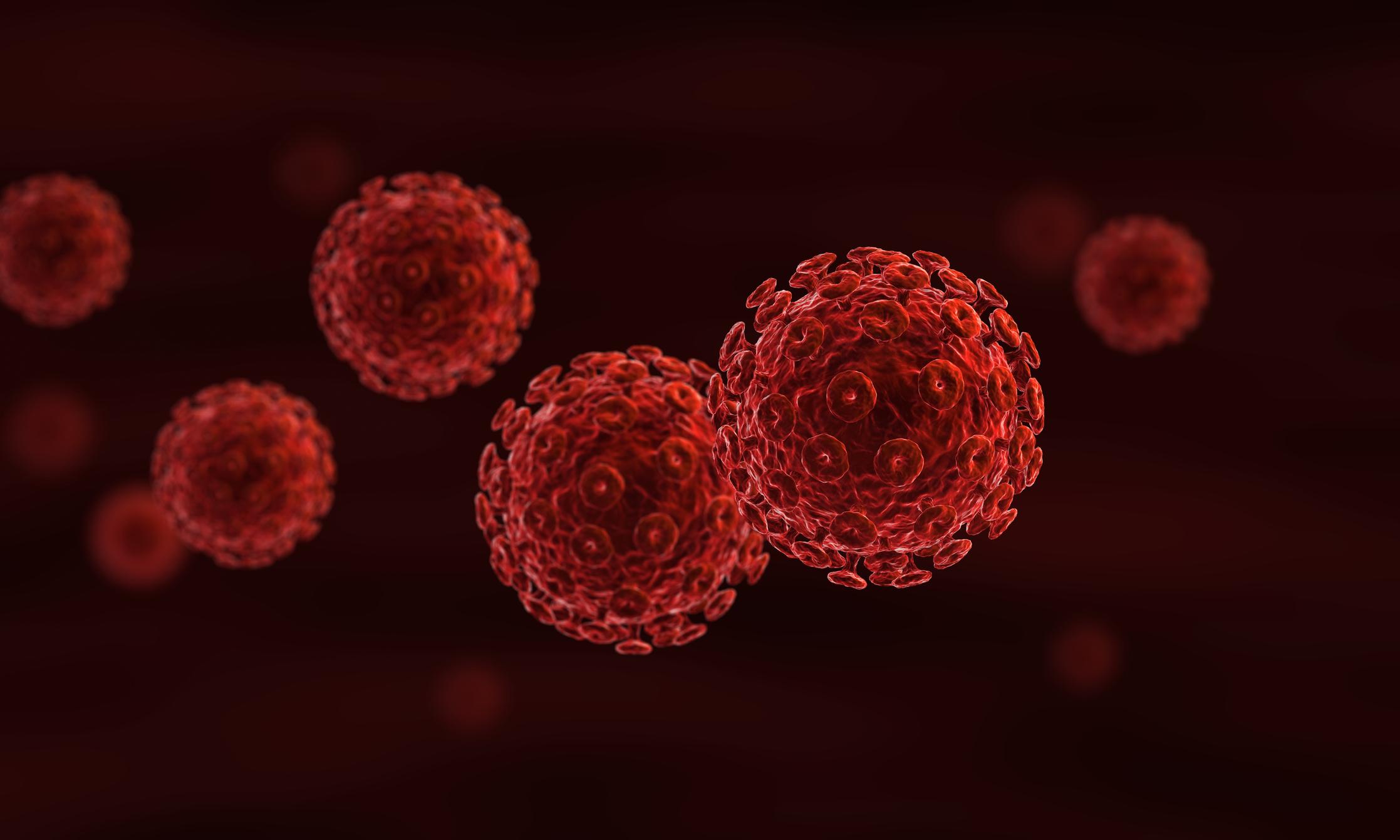A research team at Johns Hopkins Medicine has developed an innovative gene therapy that, in preclinical studies, successfully deactivated the HIV virus in infected cells by driving it into a long-lasting dormant state. This discovery gives hope for treatments that would no longer require daily antiretroviral therapy (ART). The study’s findings were published in the journal Science Advances.
Currently, ART allows patients to control HIV infection by suppressing viral replication, but it does not remove the virus from the body. HIV can hide in so-called reservoirs—primarily in immune system cells—where it can reactivate if therapy is interrupted.
The team, led by Dr. Fabio Romerio, focused on a molecule called an antisense transcript (AST), produced by HIV genetic material.”. Earlier research had shown that AST participates in the molecular mechanism responsible for driving the virus into “latency”—a state in which HIV remains inactive. In their latest experiment, the scientists artificially increased the production of AST in HIV-infected immune cells (CD4+ T lymphocytes).
This new method uses a gene coding for a protein called ZFP-KRAB (zinc finger protein fused with a KRAB domain), which acts like a molecular switch: it binds directly to the HIV DNA and blocks its transcriptional activity. Notably, the virus’s genetic material remains in the cell but stays inactive.
The research is still at the preclinical stage; the scientists plan further work to assess the safety, effectiveness, and to begin human clinical trials.
The project received funding from the National Institutes of Health and the American Foundation for AIDS Research.








